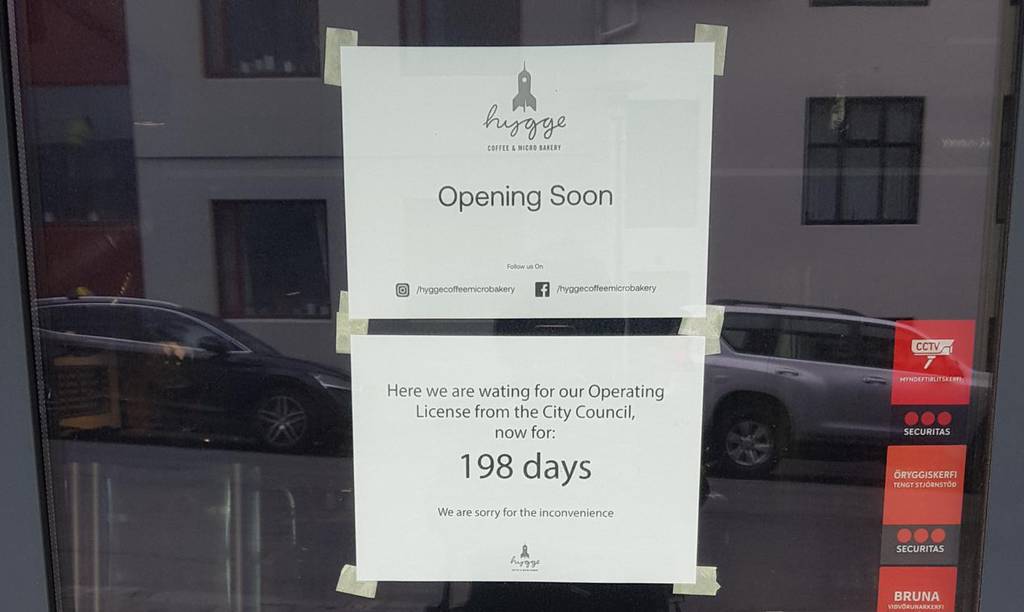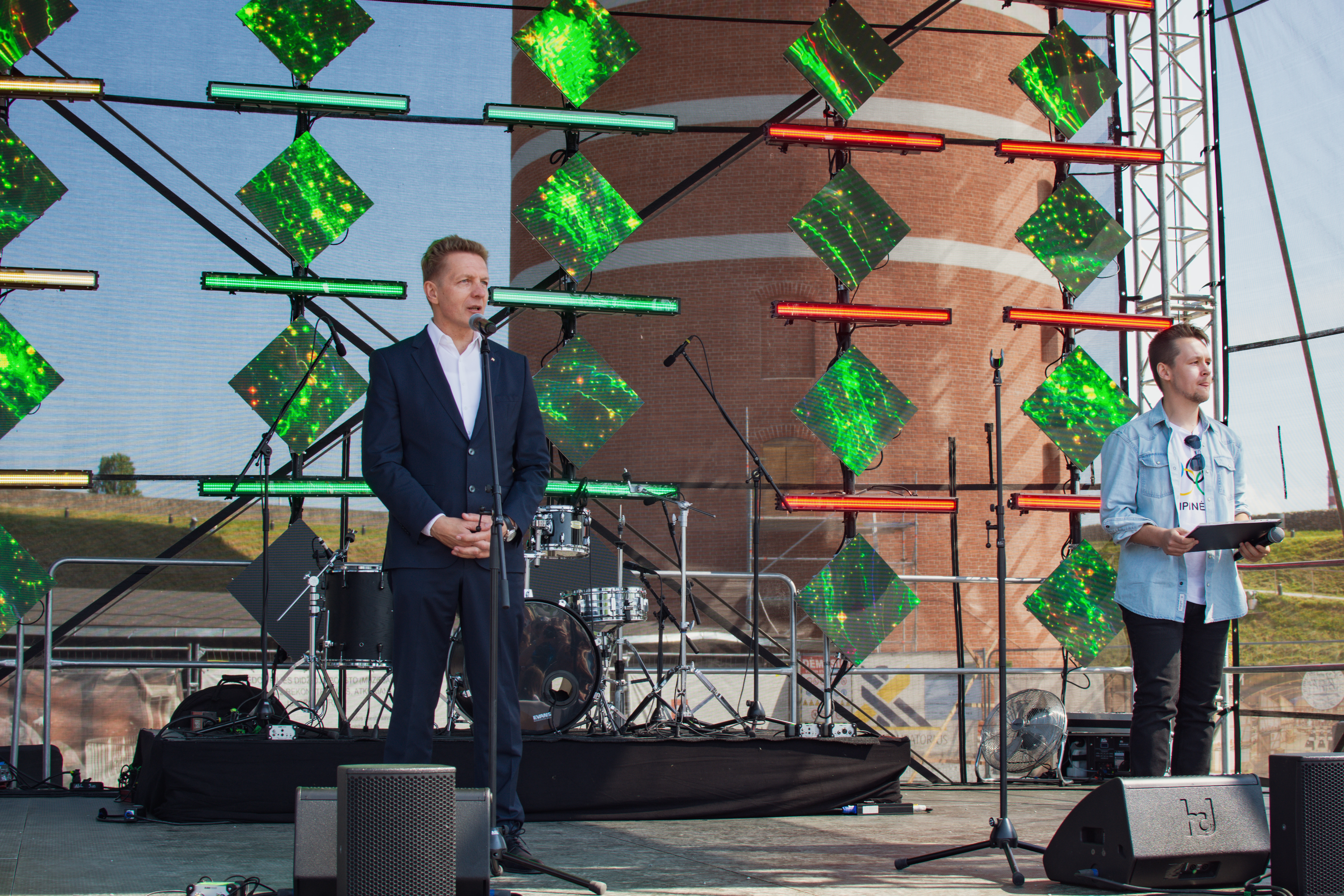Is Europe with Russia in the field of submarine cables already in the war?

The explosions that hit the North Stream 1 and 2 gas pipeline in September 2022, intended for the transfer of Russian gas to Europe, were the result of sabotage – traces of explosives were found nearby.
Since then, sabotage in the Baltic Sea has spread to different critical infrastructure – telecommunications, gas and electrical connections between Sweden, Finland, Germany, Latvia and Estonia. Just a few weeks ago was along the Swedish coast again pA damaged communication cable that connects Berlin and Helsinki.
In the last year and a half, at least two alleged sabotages have been detected in the Finnish Bay, and at least six in the entire Baltic Sea – eleven submarine cables have been destroyed since 2023. What would happen if the next sabotage were better harmonized and hit more key points at the same time?
If only three submarine cables were interrupted, Ireland could lose a tenth of electrical care, he states Politics. Norway supplies a third of gas through underwater pipelines – a successful attack on this infrastructure would cause lack of energy, prices and difficult political decisions about who will be left without electricity. The islands are especially vulnerable: Ireland has limited connections with the continent, has no submarines, military radars and not a NATO member, and Malta has a single submarine electrical cable that provides a quarter of electricity on the island.
« We face a new reality, » warns Lithuanian energy minister Žygimantas Vaičiūnas. « There are more and more incidents in the Baltic Sea that can affect markets, consumers and businesses. »
So far, none of the sabotage has been finally attributed to Russia. However, as Vaičiunicipanas said for Politicsin a given situation, this is a « only logical explanation ».
Sabotage, according to the Finnish coast guard, is increasing. Ilja Iljin, the deputy of her commander, for Politics He explains that patrols today pay attention to tankers who could endanger the submarine cables by which Europe receives the Internet and electricity by lowering the anchor.
These cables, buried half a meter below the seabed, are designed for forty years and withstand fishing nets – not a direct blow to the anchor.
« A bribed captain who drops an anchor is already enough, » he says Christian Buegerprofessor of international relations and a maritime security expert at the University of Copenhagen. « This is very cheap compared to military operation, » he adds.
Once the cables are cut, it is very difficult to repair. According to Bueger, there are only about 80 specialized ships in the world who know it. Even when they occur to the scene, repair can take up to two weeks for databases and several months at electrical, and eliminating injuries costs from five to € 150 million, estimates that Peter JamiesonVice President of the European Association for Submarine Cables.
« Russia has received the wind in its sails, » warns the EU diplomat, who wants to remain anonymous. « Now is the time to start preparing seriously. »







